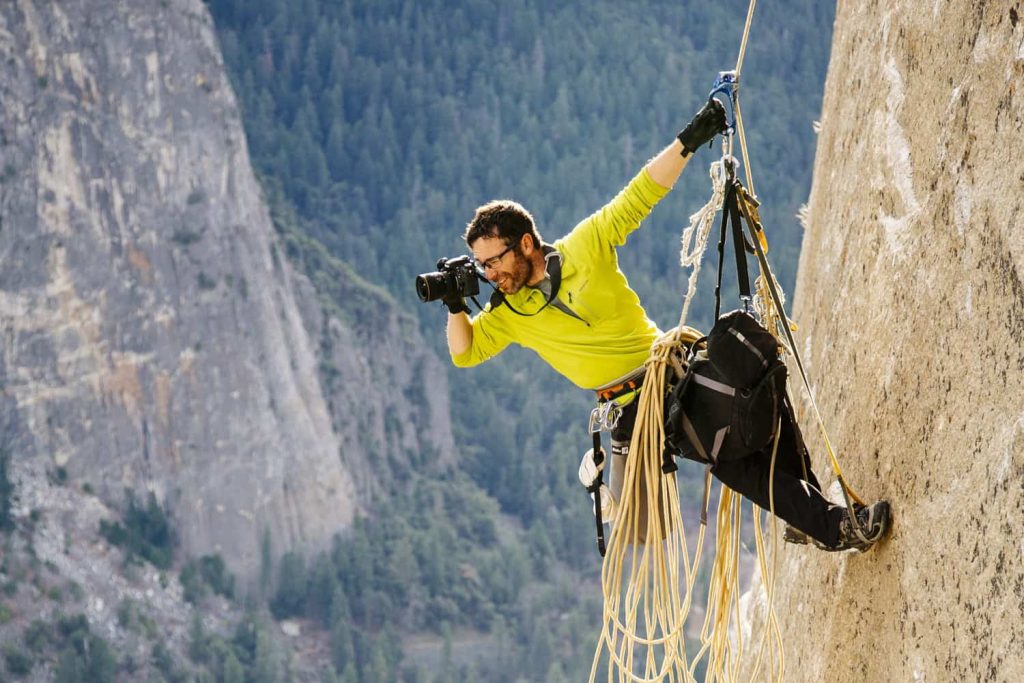A mountain is a challenge that has taken a physical form. It is a savage beauty which loves as much as it threatens and rewards as much as it punishes. Merely climbing summits is not what mountaineering is all about. It takes a lot of preparation to develop the flexibility and agility which is much needed when scaling mountains.
A major part of mountaineering is about constantly challenging and improving ourselves. Climbing mountains can be dangerous as it can result in accidents and injuries. Following are some tips that you should keep in mind before you set out on a mission to climb a mountain:
Location and Time Matters
The two most important considerations are physical endurance and budget. It goes without saying that Mount Everest is out of bounds for those who aren’t much physically fit. But it is also difficult to climb this mountain if you aren’t very rich either.
When it comes to selecting the mountain which you’re thinking to climb you must select the right time and place. You should conduct a thorough research before you select the mountain which you wish to climb.
Each mountain range has those times of the year when it becomes an hostile world. Attempting a climb in these seasons can be life threatening. For instance the best time to climb a mountain in New Zealand would be between December and March whereas in Europe it is between July and September.
Thorough Research
You can research on mountaineering by reading the blogs or books written by experienced mountaineers. You will also find many video tutorials on the internet which will show you how mountaineers practice what they preach.
Mentally Prepared
Mental strength is often underestimated when one talks about putting up with physical hardships. No doubt physical endurance is important but so is mental strength when it comes to mountaineering.
Mountaineering is an extreme sport and one which is exclusively played outside comfort zones. You have to be mentally prepared to tackle the unexpected and be smart enough about not exerting your body beyond its pain threshold.
It takes a tremendous amount of mental strength to assess yourself honestly and be aware of your strengths and weaknesses.
Physical Endurance
Mountains have a will of their own. The only aspect in your control when you are high up on a mountain is how you use your body. It is the only weapon you have to tackle the obstacles you find in your path.
You may need to build a high level of physical endurance to climb mountains. You can begin by running, hiking, biking or swimming. You may also have to practice the art of rock climbing by climbing an indoor or outdoor rock wall. You can also enrol yourself for an ice climbing tutorial to increase your physical strength.
Mountain Gear
Nobody except the very few skilled mountaineers can climb mountains without mountaineering gear. You can either ask somebody to lend it to you or you can buy a new gear kit for yourself. You should also remember that weight is the enemy when climbing mountains. The more you load on your back the harder it will be for you to climb.
A Good Guide
Once you are physically fit for the climb and have bought the right gear you may have to find a good guide for yourself. Not every trail will take you to the summit of the mountain. They can be misleading at times and if you end following the wrong trail your safety can be compromised.
Plan the Descent in Advance
Amateur mountaineers expend most of their energy climbing the mountain out of this illusion that the descent is not as tiring. However, descending a mountain can be more difficult than climbing it.
While descending you’re no longer going against gravity but going down with it. It gives you an extra nudge each time you place a foot and sliding down becomes more likely. A lot of pressure is placed on the knees and after a while you may find your knees trembling.
You should climb fast enough to have enough time in hand to make the return journey. Most of the mountaineering accidents take place during the descent so one needs to be extremely careful with their descending techniques.
Besides being a good sports arena, mountains also make for great stag do venues. Because when it comes to giving different experiences there’s hardly a terrain which is as versatile as mountains.

